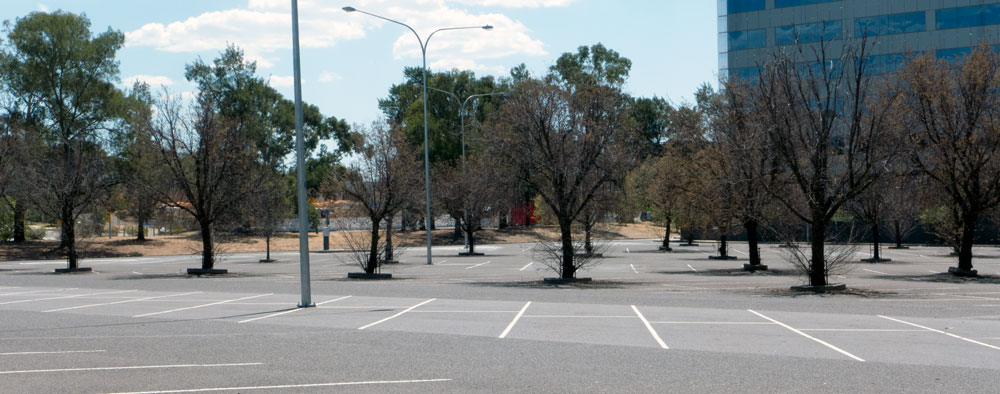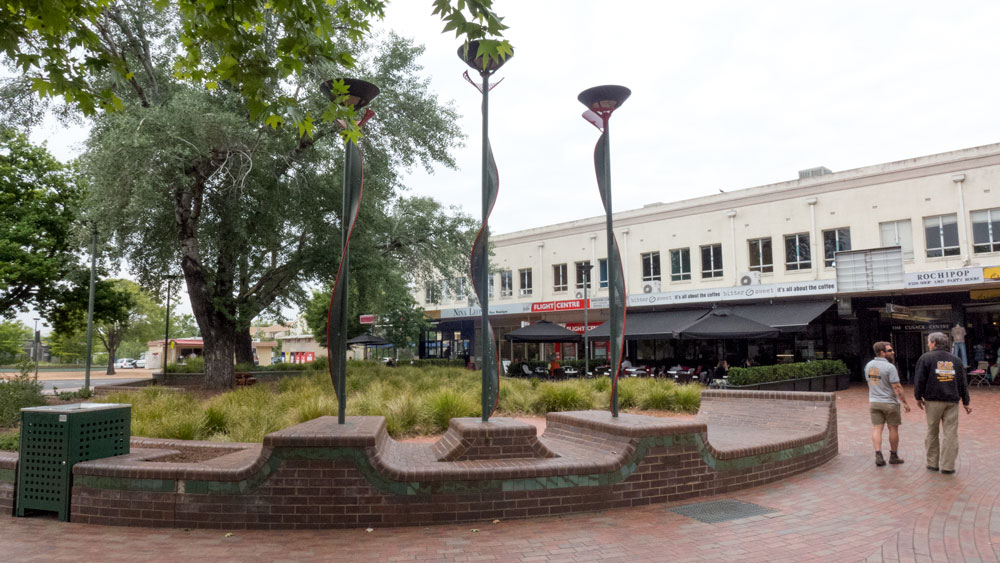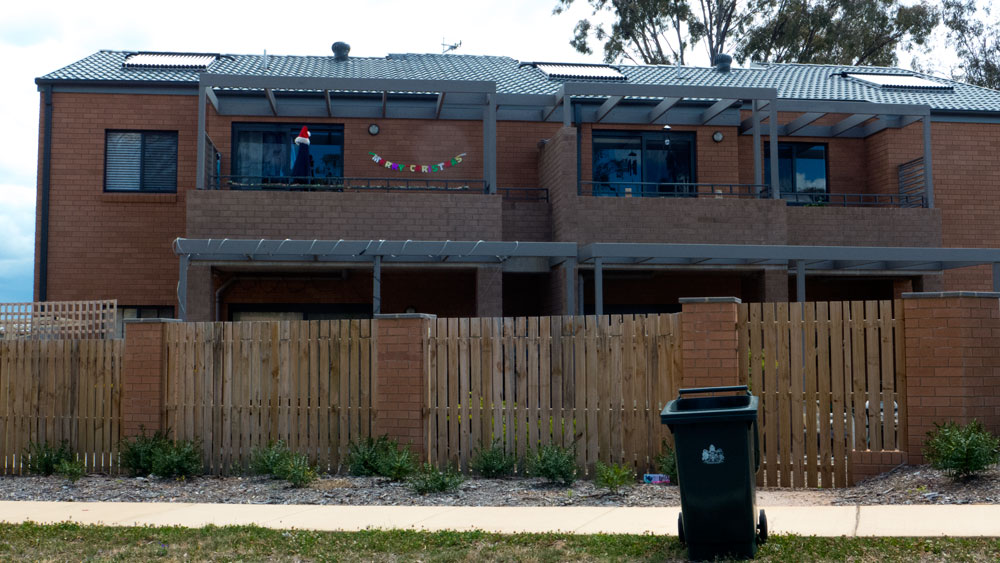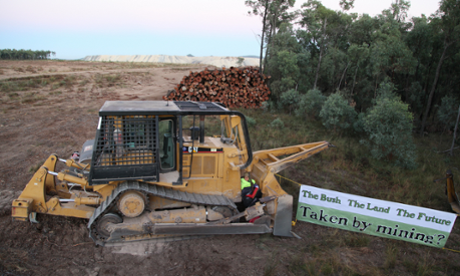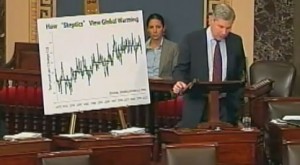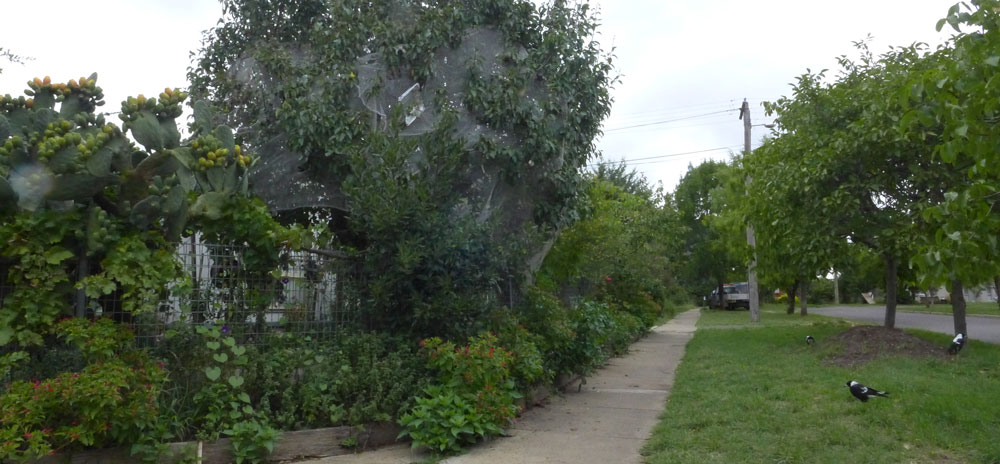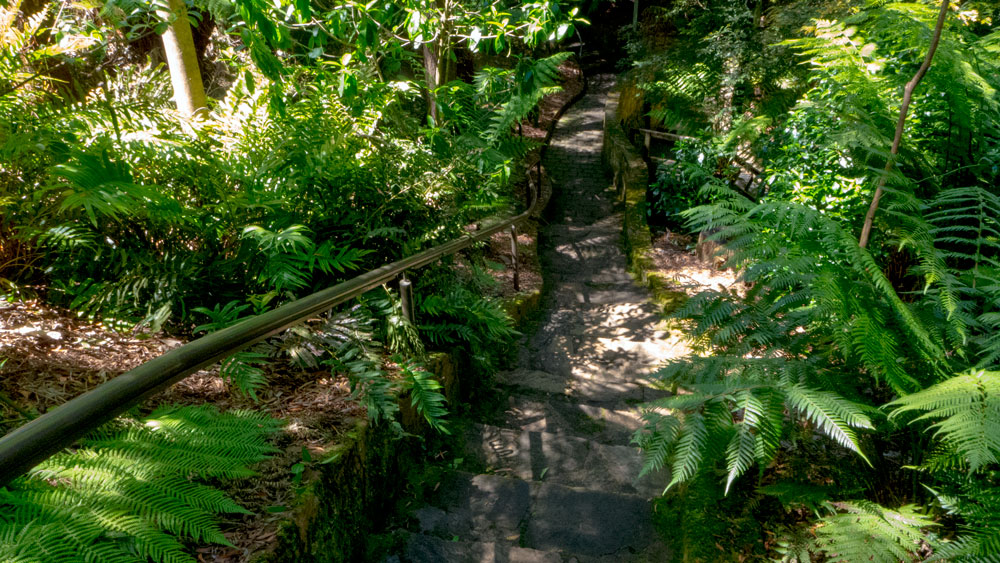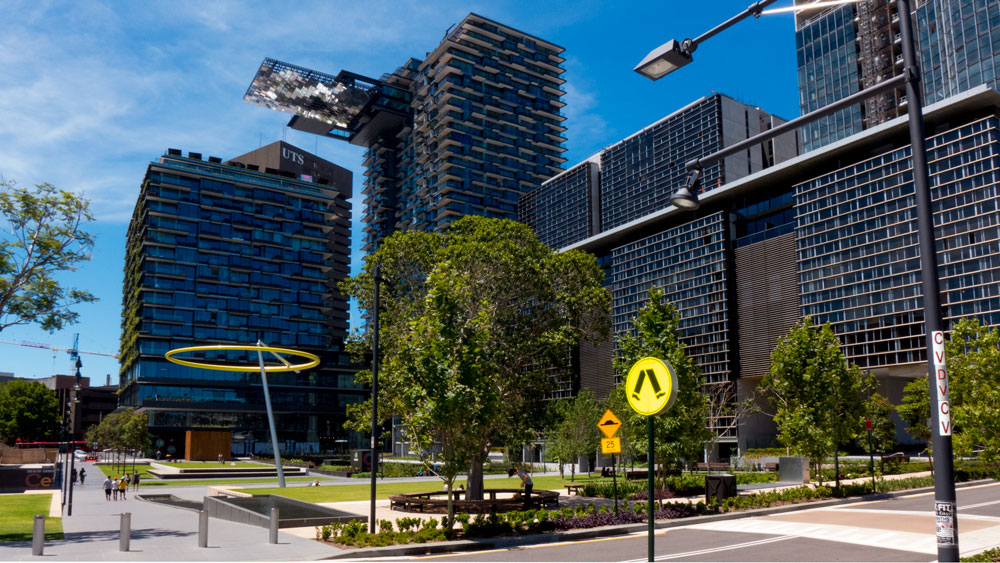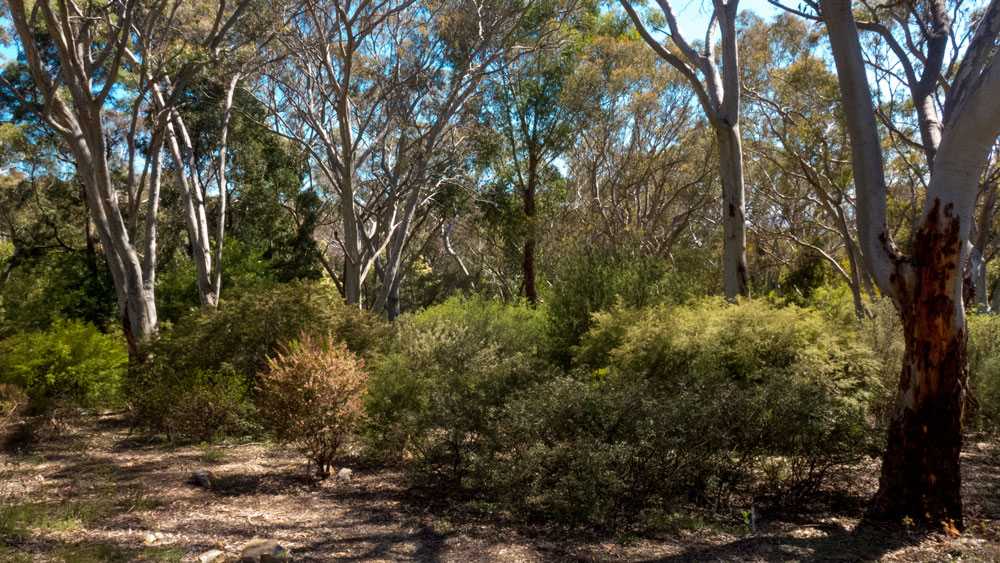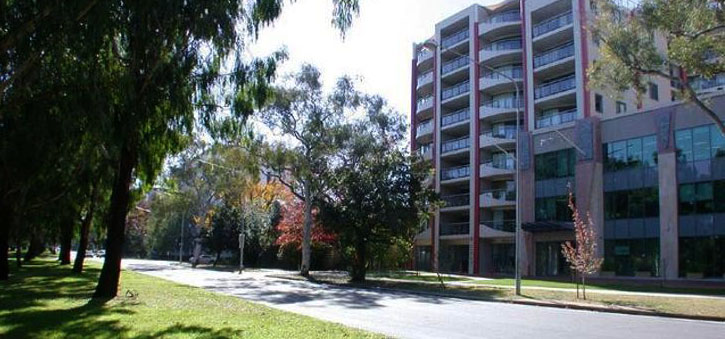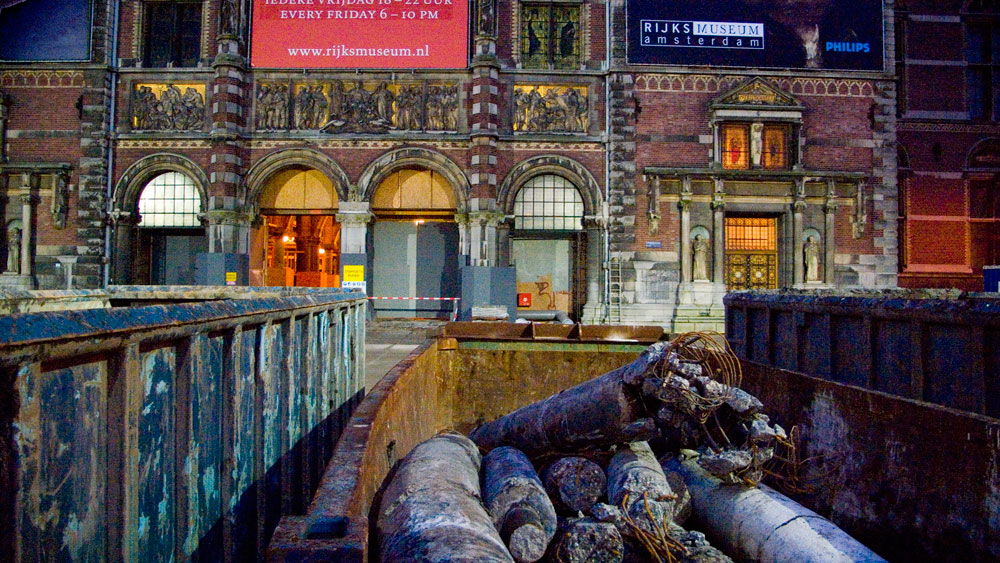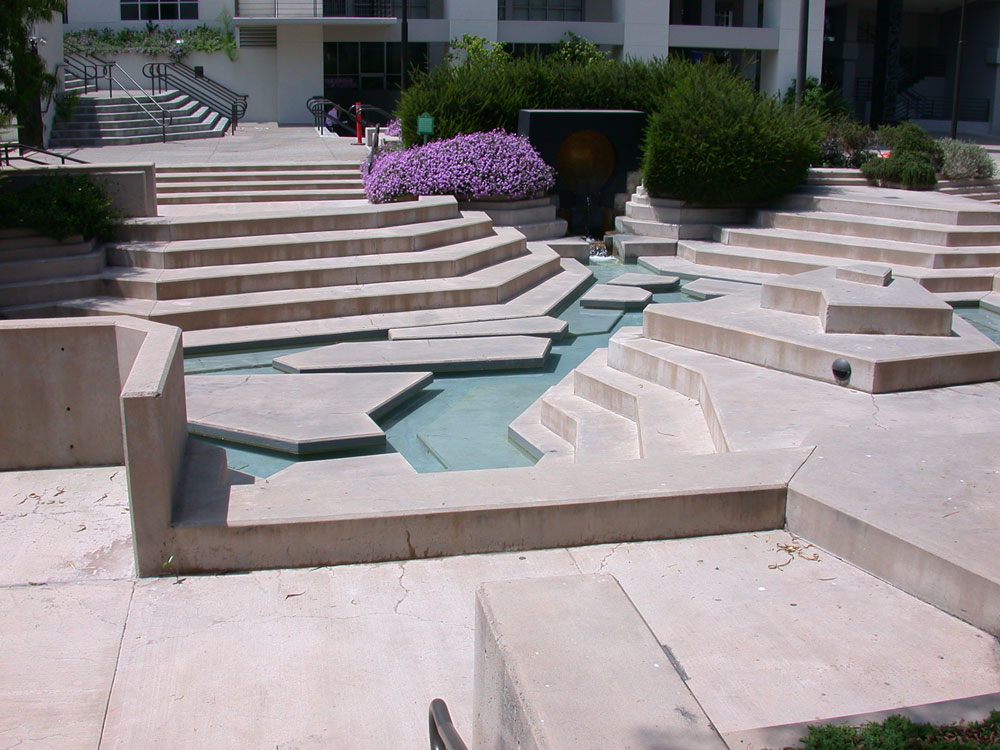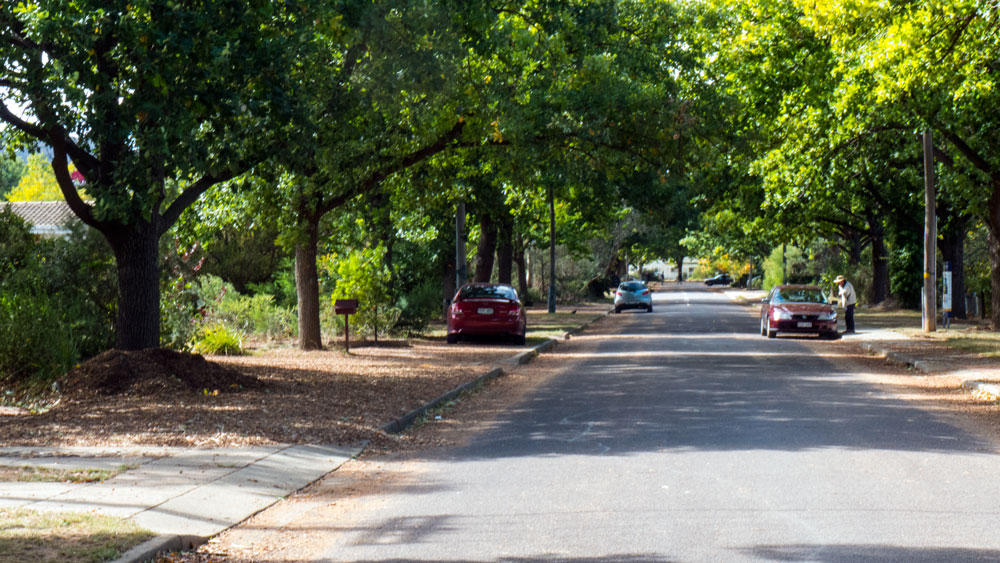Re-Posted from Island Press
Seven Rules for Sustainable Communities
Design Strategies for the Post Carbon World, Parick M Condon
Questions of how to green the North American economy, create a green energy and transportation infrastructure, and halt the deadly increase in greenhouse gas buildup dominate our daily news. Related questions of how the design of cities can impact these challenges dominate the thoughts of urban planners and designers across the U.S. and Canada.
With admirable clarity, Patrick Condon discusses transportation, housing equity, job distribution, economic development, and ecological systems issues and synthesizes his knowledge and research into a simple-to-understand set of urban design rules that can, if followed, help save the planet.
No other book so clearly connects the form of our cities to their ecological, economic, and social consequences. No other book takes on this breadth of complex and contentious issues and distills them down to such convincing and practical solutions. And no other book so vividly compares and contrasts the differing experiences of U.S. and Canadian cities.
Continue reading sustainable communities →

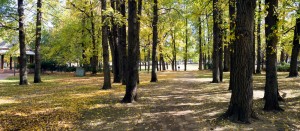
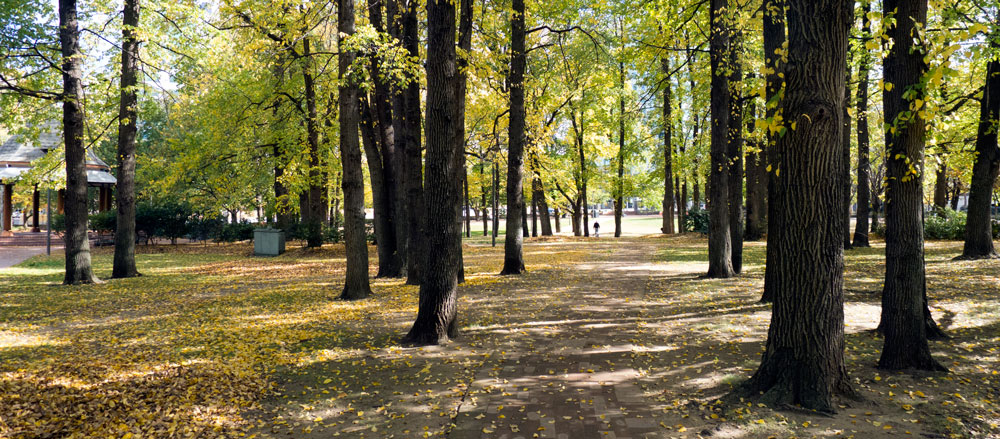

 From the blurb online:
From the blurb online:


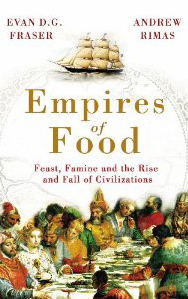
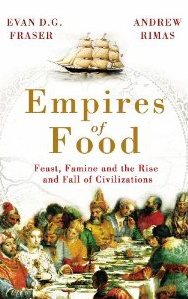
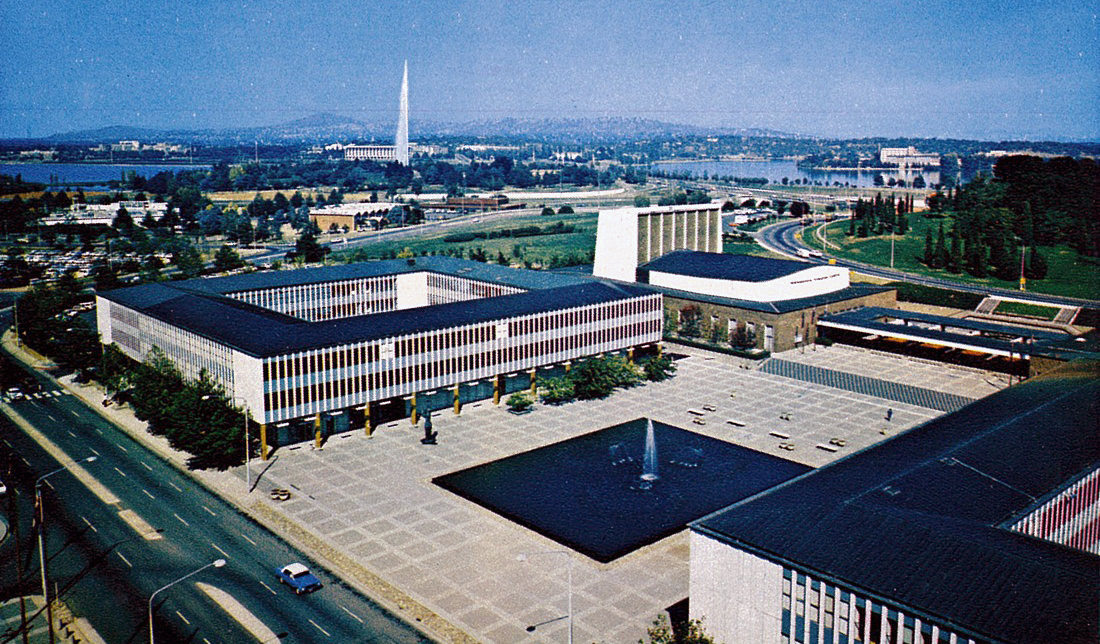
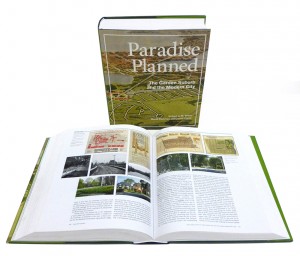

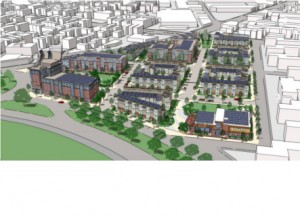



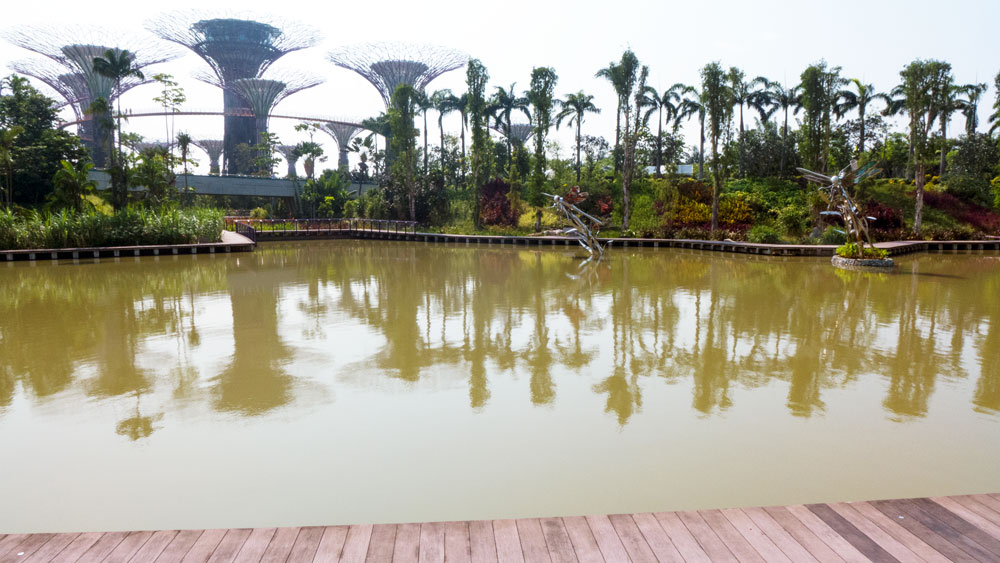



 It is definitely time for political leaders and other voices to take the issues of climate change up to the mainstream media and the bunch of nut jobs who we politely call climate deniers.
It is definitely time for political leaders and other voices to take the issues of climate change up to the mainstream media and the bunch of nut jobs who we politely call climate deniers.